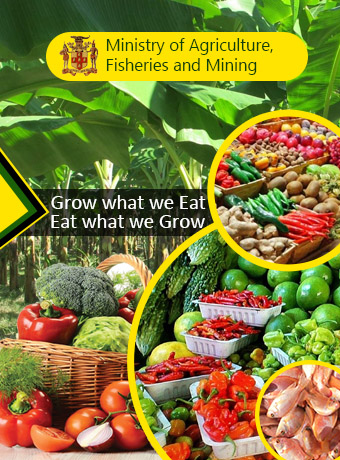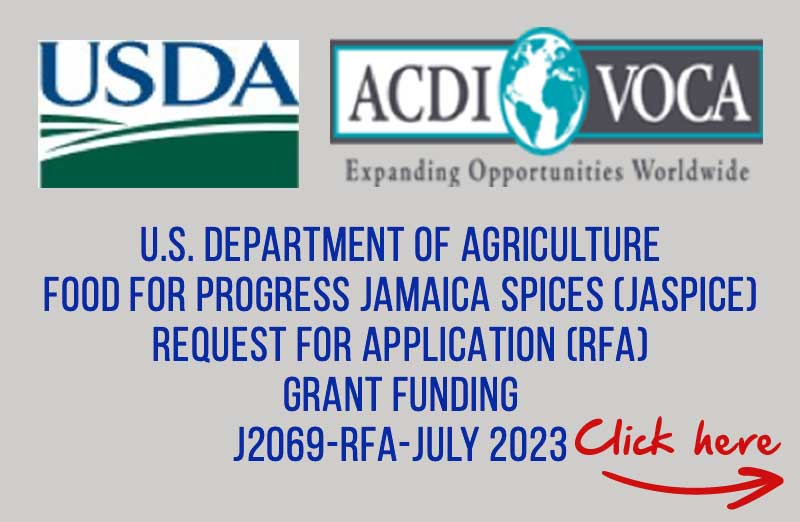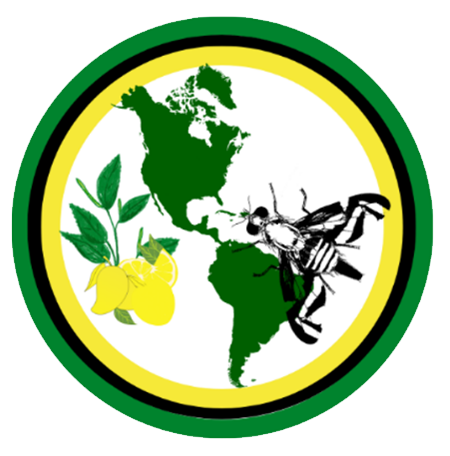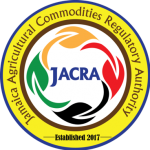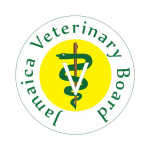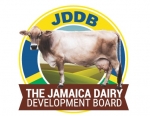Plant Quarantine Produce Inspection
Plant Quarantine Produce Inspection (PQPI) is Jamaica’s first line of defence against the introduction of exotic pests and diseases. This Unit is mandated to ensure that only the highest quality, pest free cut flowers and fresh produce are exported from and imported into the island.
The Unit functions under the legal framework of the Agricultural Produce Act 1926 and the Plants (Quarantine) Act, 1993. The Unit has its head office at 193 Old Hope Road, which serves as the overall administrative office for the two export complexes, one at the Norman Manley International Airport and the other at the Sangster International Airport. The PQPI Unit is headed by the Chief Plant Quarantine/Produce Inspector, with support staff consisting of: two Senior Plant Quarantine/Produce Inspector, two Export Complex Managers, and other staff members.
Plant Quarantine Produce Inspection:
Core Processes
Don't Pack a Pest Campaign
Pest Alert
Pest Risk Analyses
- Pest Risk Analysis Unit
- Request pest risk analyses from PQPI via the Jamaica Single Window for Trade (JSWIFT) platform
- Frequently Asked Questions
- Request Form for Bioindexing Needs of Nurseries
- Plant Health & Pest Response System
- Pathway-initiated pest risk analysis on onion bulbs (allium cepa) from Argentina to Jamaica
Imports and Exports Inspection
- Agricultural Produce Exporting Requirements
- Plant Import Permits Requirements listing
- How to Apply for Import Permits
- Application for Import Inspection
- Import Permit Request Form
- PQ Invoice
- Export Packaging Facility Guidelines
- Plant Inspection Stations (One Stop Shop)
- Use of Packing Facility of Another Produce Exporter
- Preclearance Programme
- List of commodities approved for pre-clearance from Jamaica
- Conditions for the Importation of Plants and Plant Products to Cayman Islands
- Fees
- Jamaica Single Window for Trade
Disaster Management
- Crop Farmers' Disaster Tips Handbook
- Agricultural Insurance: Scope and Limitations for Weather Risk Management
- Market Based Agricultural Risk Management for the Coffee Industry
- Towards a Strategy for Managing Agricultural Weather Risks
